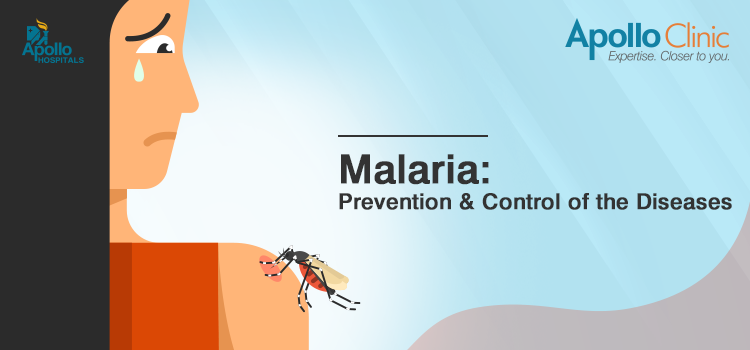Malaria is an insect-borne disease caused by a mosquito. A patient diagnosed with malaria will usually have a high fever, feel sick, and experience shaking chills. Every year, approximately, there are 210 million people infected with malaria, and of which, a shocking 440,000 die from the disease. The worst part is, young children are the most who die from this disease.
Malaria is transmitted by blood, through:
- An organ transplant
- A blood transfusion
- Use of shared needles or syringes
Symptoms of malaria
- Fever with high temperature
- Headache
- Vomiting and nausea
- Diarrhea
- Abdominal pain
- Intense sweating
- Muscle pain
- Bloody stools
Prevention of malaria
If you are located or traveling to places where malaria is common, make sure to stay safe from mosquito bites. Protection from mosquito bites/ mosquitoes is the only thing you can do to prevent the onset of this disease. Also, the chances of severity vary from individual to individual depending on their physical condition and health records. Here are some of the preventive measures you can take to control malaria and stop it from spreading further.
- Wear full sleeve protective clothing.
- Spray insect repellants on your exposed skin. The recommended repellent contains 20-35% N N, N-Diethyl-meta-toluamide (DEET).
- Use a mosquito net over the bed if your bedroom isn’t air-conditioned or screened. For additional safety, you can treat the mosquito net with the insecticide permethrin.
- When you go out, in addition to spraying insect repellants on your exposed skin, you can also spray on your clothing. Mosquitoes find it easy to bite through thin clothing.
- Keep your home and surroundings clean without any junks or wastes.
- When it comes to controlling the disease, keep an eye out for the symptoms like fever with high temperature. As soon as you find any possible signs of malaria, consult your doctor immediately.
- Make sure you don’t keep your windows and doors open at night as mosquitoes get active during the night and pose a higher risk. You can either use a mosquito or any net to seal your window and then open for the whole day.
- Depending on the condition and prescription, you can take anti-malarial tablets.
- If you are a regular user of sunscreen, make sure you apply sunscreen first and then use an insect repellent. Also, go for a sunscreen with SPF of 30-50.
- Follow the prescriptions of the doctor. This means that if your doctor has requested you to follow a 2-week course, follow the prescription and medications for two weeks.
- Currently, there is no over-the-counter medication available for malaria. So the only way you can treat this disease is by taking all the necessary precautions and safety measures.
Though the disease is not so common in temperate climatic areas, the numbers can go high when proper precautionary measures are not taken. If you are a businessman who keeps traveling around the world for meetings and conferences, or that tripping partner, try to follow these precautionary actions before and after the trip.

